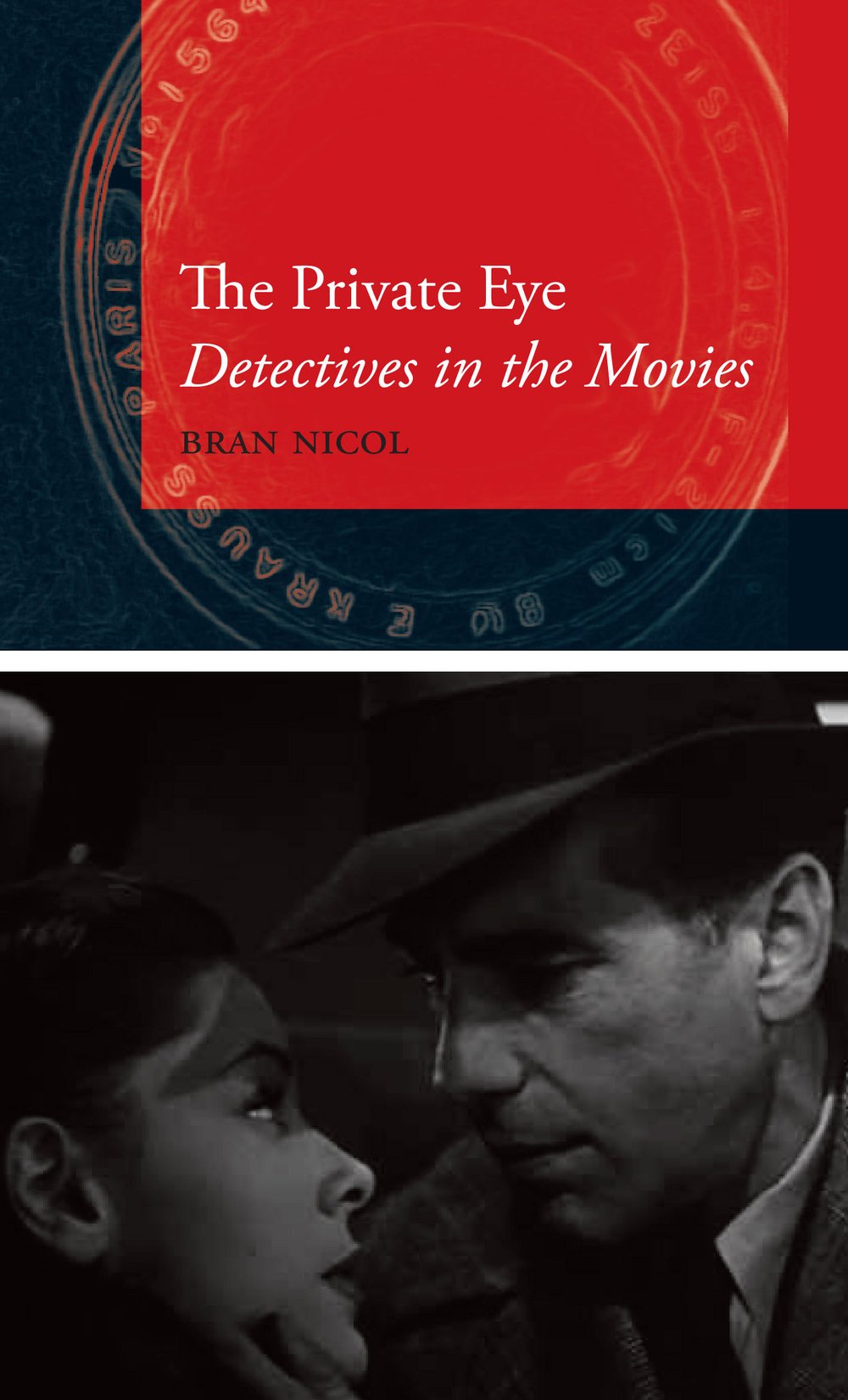Childhood and the Cinema
Since its inception the world of cinema has embraced the image of the child and both extended and challenged its representations. Vicky Lebeau explores the complex and ongoing adventure of childhood on screen and examines how the child in film has been used to embody the aspirations and anxieties of modern life. Moving from early to contemporary cinema a process that includes discussions of films such as Victorian Child Pictures', "The Spirit of the Beehive", "L'Enfant sauvage", "400 Blows", "Lolita", "The Enigma of Kaspar Hauser", "Tarnation" and "The Woodsman", she uncovers the compulsion of film-makers to visualize the child and their need to use childhood as a way of reflecting on sexuality, language, death and difference. By bringing together childhood and cinema as two institutions of modern culture, this book ultimately uses the figure of the child as image, as narrative, and as myth to reflect on the form and significance of cinema itself. Thought-provoking and engaging, "Childhood and Cinema" is an original and challenging contribution to studies in childhood and visual culture that will be of interest to readers in the fields of literature, film and cultural studies.


